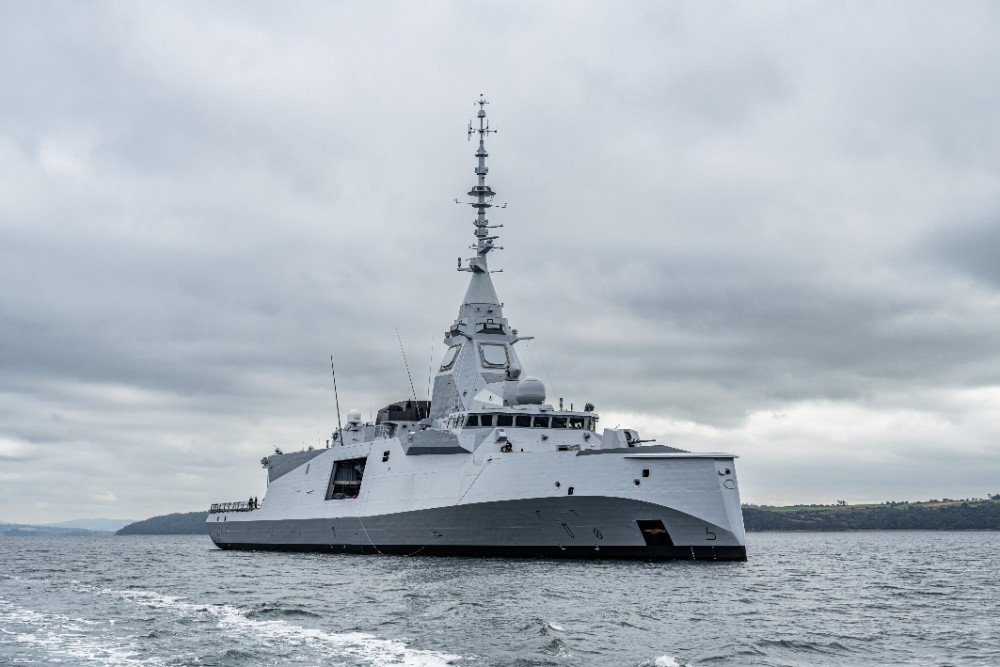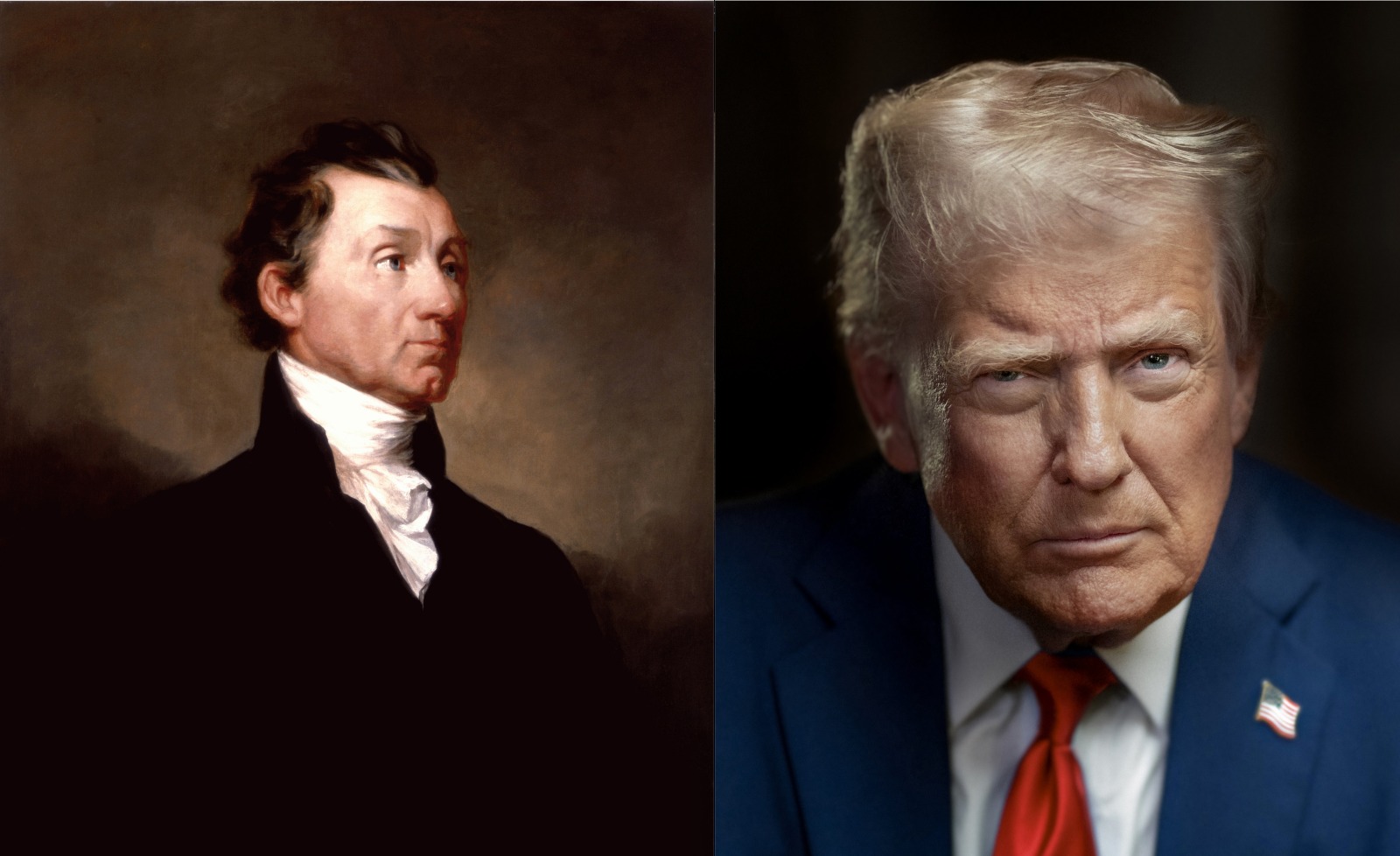Le sommet entre Donald Trump et Kim Jong-un à Hanoï (Vietnam) constitue une nouvelle étape dans les relations complexes entre les États-Unis, la Corée du Nord et la Chine. Tant les modalités des discussions que les objectifs politiques semblent désormais hors des champs conventionnels de la diplomatie classique. On parle davantage de « deal » que de négociations. Une nouvelle forme de dialogue international ?
The Upcoming Kim-Trump Summit in Vietnam: Why the Korea Nuclear Crisis will not get fixed with Conformist Means
The summit bwteen Donald Trump and Kim Jong-un in Hanoï (Vietnam) marks a new step in the complex relations etween the United States, North Korea, and China. Both the modalities as well as the political objectives of the discussions now seem outside of the conventional fields of classical diplomacy. We discuss more about the "deal" than the negotations. A new form of internatinoal dialogue?
As the next summit between Trump and Kim is in its final stage of preparations, speculations are running about the prospects of its upcoming results. For a few months, rumors have also spread concerning a redefinition of negotiation objectives aiming at reaching an all-in-one deal.
Whatever the outcome, one thing remains certain: the North Korea nuclear crisis will not be solved with the implementation of conformist policy, being merely a copy of usual and already existing multilateral agreements. Looking at the parties involved make this very clear: A dictatorial regime in Pyongyang, a 70 years old Single Communist Party in China, and a non-conformist American President are all but likely to succeed their talks if they conform to previous inefficient denuclearization schemes. Approaches reminiscent of 19th Century style Open Door Policies and good economic relations seem to have remained the norms and standards in European capitals until now. Unfortunately, neither North Korea nor China fit these now outdated and irrelevant ways of dealing with major powers. The realities of international relations in this second decade of the XXI century are tougher and rooted in deep Bismarckian realism. Global competitors have become more challenging and requirements to reach a deal are proportionally higher.
The prospect of a regional arms control to replace a series of bilateral agreements could bring the hope of new options and leverages, involving more governments in the settlement. This is susceptible to certainly fit multilateralist standards and therefore please the political opposition in D.C., as it set high the issue of arms control on its nuclear agenda, should it have won the 2016 Presidential elections. Nevertheless reaching a solid deal in such a context requires mutual trust in the sincerity of the denuclearization efforts of the other party. This is also reinforced with a stable negotiation environment. Currently, all of this is dearly lacking. The new US Administration has therefore shown unprecedented determination to address China in a more demanding way and shows itself unexpectedly creative in reshaping the landscape to influence negotiations. Such a projected framework probably remains idealistic, unrealistic and premature. As a result, the summit will probably rather be a major milestone than the final destination of the North Korea crisis settlement.
Il reste 78 % de l'article à lire
.jpg)








